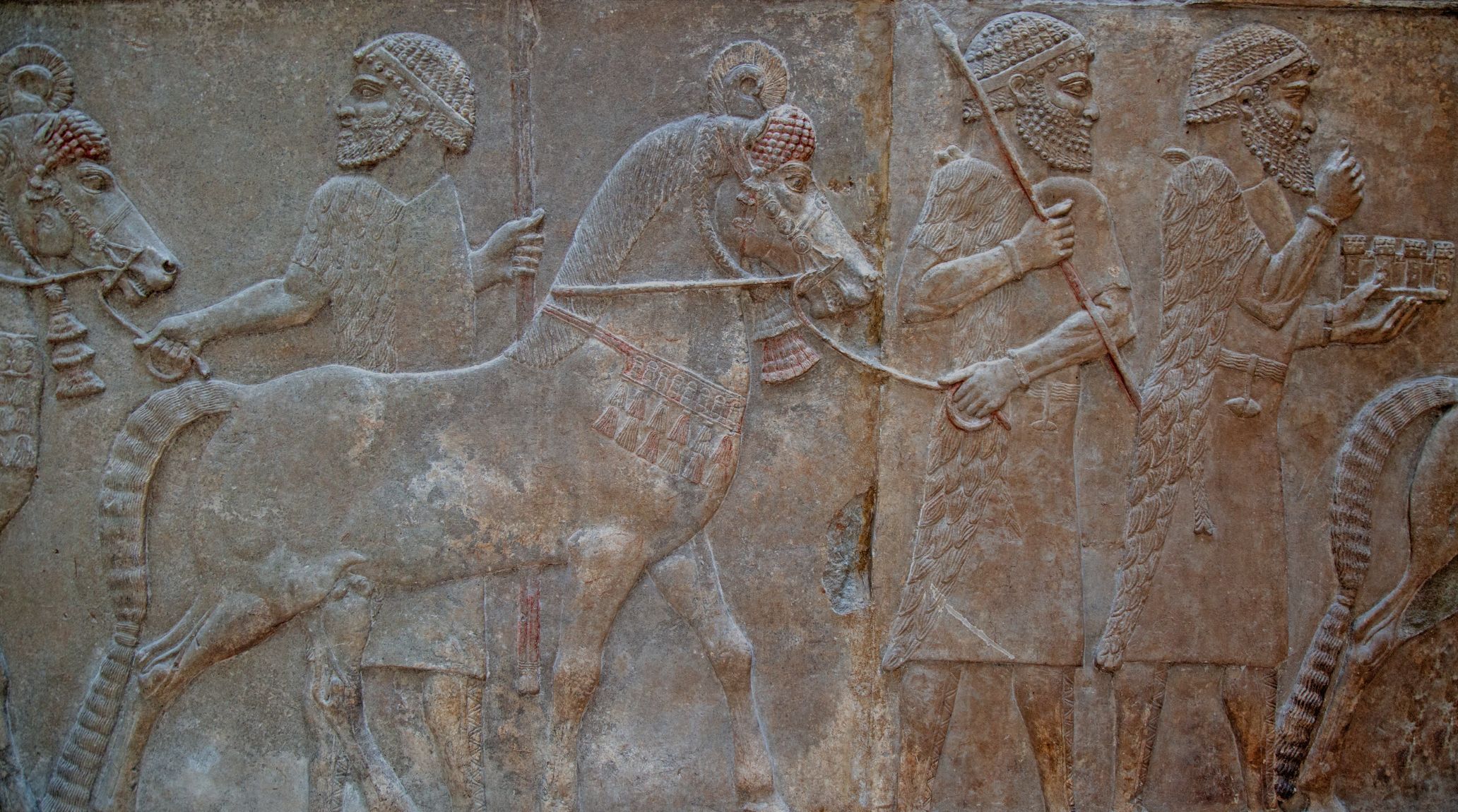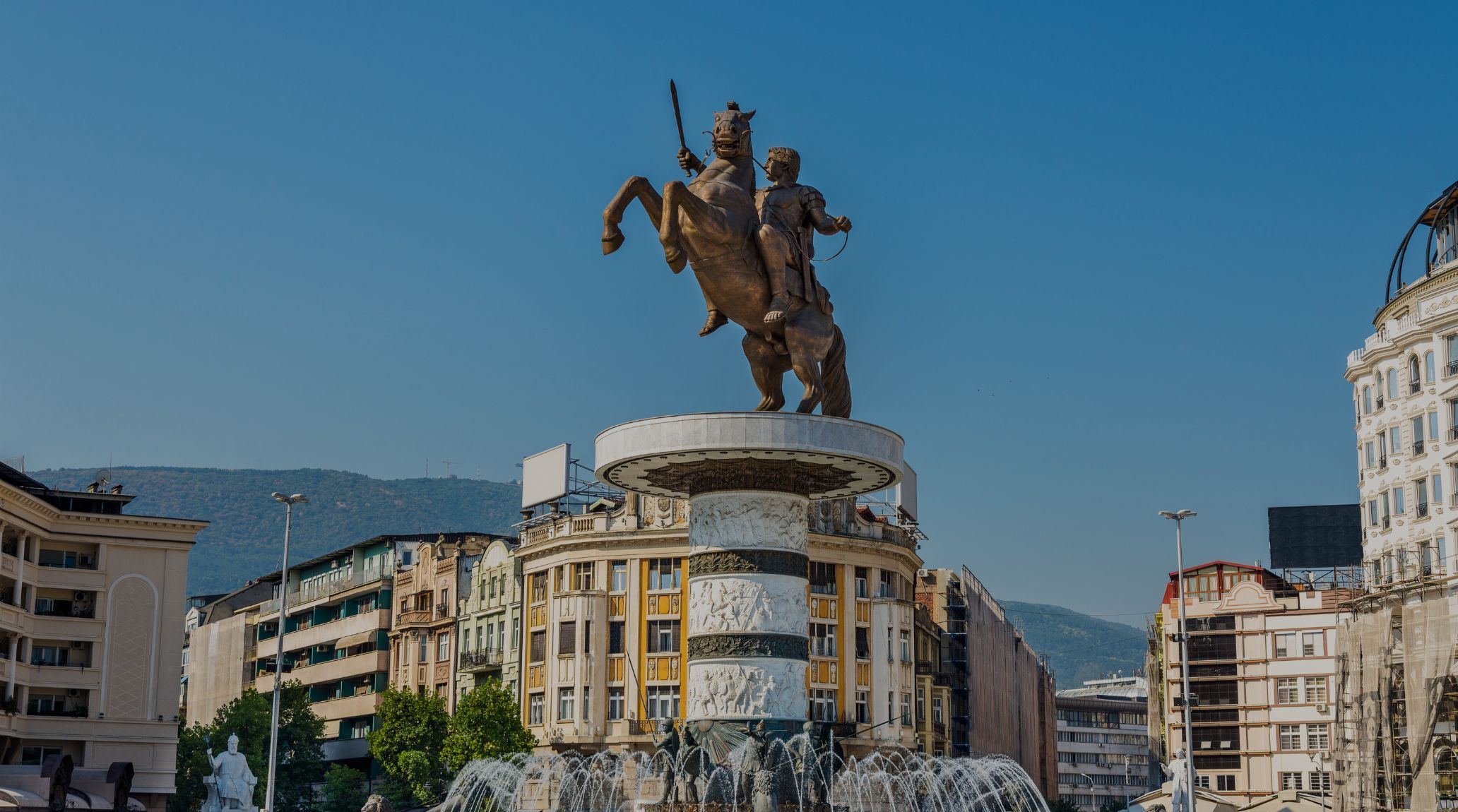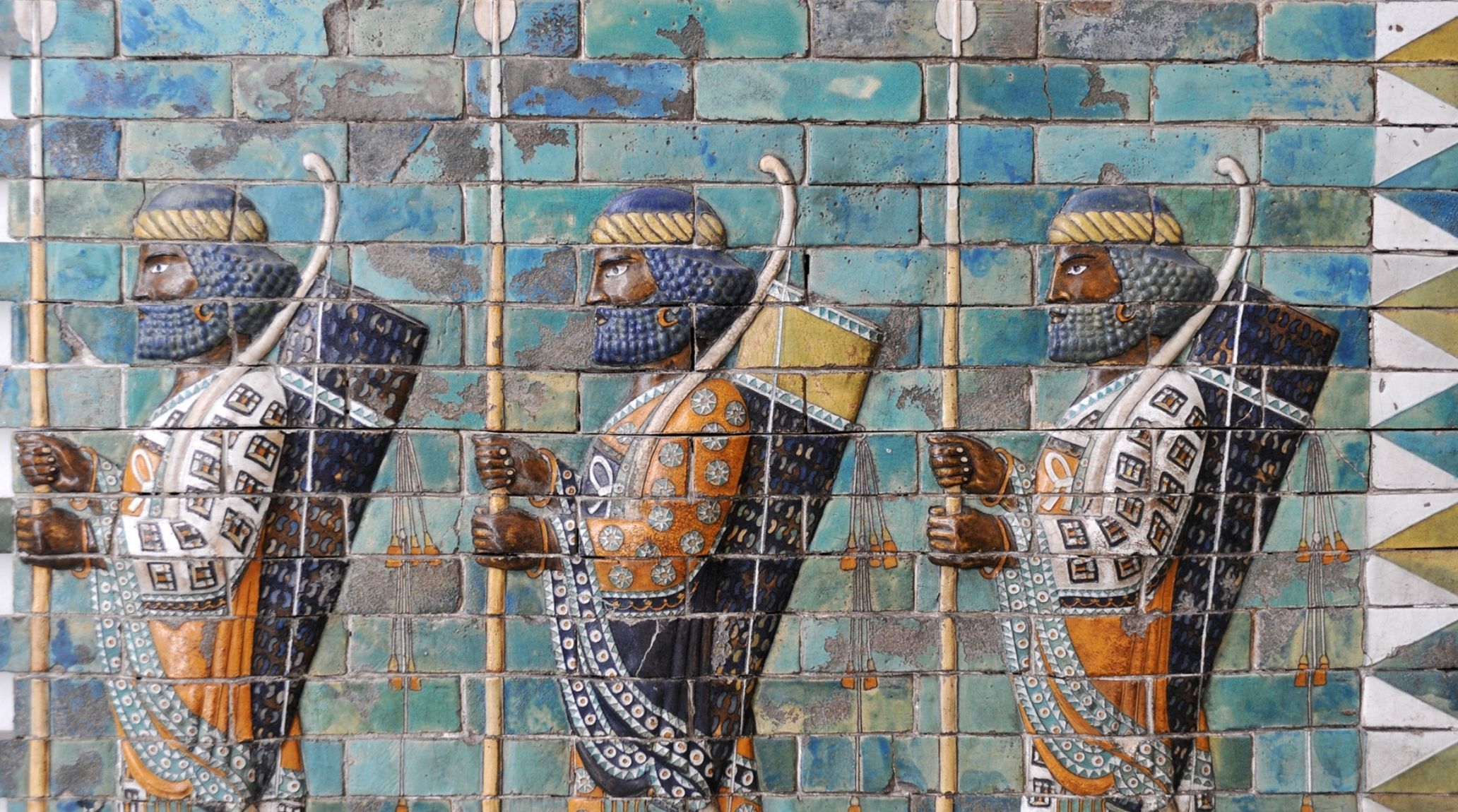
“
Discover the Captivating Facts About Persian Wars in our blog, featuring 20 intriguing insights into this historic conflict.From the famous Battle of Thermopylae to the rise of Athens, these facts reveal how the Persian Wars shaped the ancient world and left a lasting impact on history. 1
”
The Persian Wars were a turning point in Western history. Against the mighty Persian Empire, the Greeks, despite being outnumbered, defended their culture and political ideals, shaping the future of Western civilization.1
The Battle of Marathon in 490 BCE saw the Greeks defeat Persian forces. A Greek messenger, Pheidippides, ran from Marathon to Athens to announce the victory, inspiring the modern marathon race.2
At the Battle of Thermopylae, King Leonidas of Sparta and his 300 soldiers made a heroic last stand against a much larger Persian army. Their bravery became legendary, symbolizing courage against overwhelming odds.3
The Greek general Themistocles’ strategic brilliance changed the course of the war. He convinced Athens to build a powerful fleet, leading to their victory at the naval Battle of Salamis, a decisive blow to the Persian forces.4
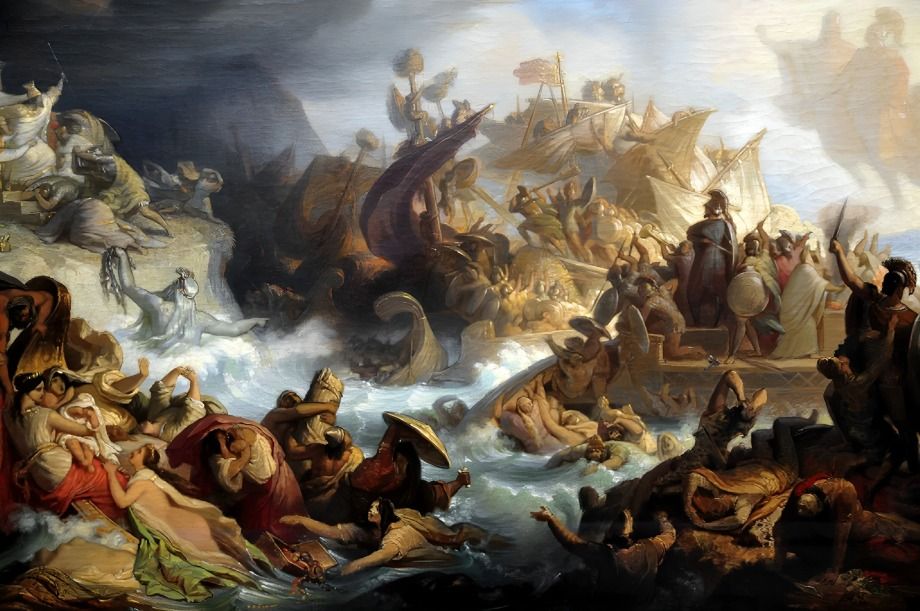
The Battle of Salamis was a turning point in 480 BCE. The smaller, faster Greek ships outmaneuvered the massive Persian fleet, securing a major victory and forcing the Persian king Xerxes to retreat.
Greek soldiers, known as hoplites, used a disciplined military formation called the phalanx to overpower the Persians in close combat. This tactical advantage highlighted the effectiveness of Greek unity and discipline in battle.5
King Xerxes watched the Battle of Salamis from a golden throne on a hill, confident of victory. However, after the Persians’ defeat, Xerxes had to retreat, marking the end of Persia’s ambitions to conquer Greece.6
The Persian Wars united Greek city-states like never before. Athens and Sparta, often rivals, fought together against the Persian threat. Their combined strength played a huge role in their ultimate victory.7
Following the wars, Athens led a coalition of Greek city-states called the Delian League to defend against future Persian threats. This alliance eventually grew into the powerful Athenian Empire, reshaping Greek politics.8
The final battle of the Persian Wars, the Battle of Plataea in 479 BCE, saw the Greeks decisively defeat the remaining Persian forces, ending Persia’s hopes of conquering Greece once and for all.9
Greek hoplites, heavily armed soldiers, were key to the Greek victories. Their well-coordinated attacks and superior armor helped them dominate in battle, especially against the more lightly armed Persian troops.10
The Persian invasion was partly in response to Athens’ support for revolts in Persian-controlled areas. This conflict would become one of the most famous struggles in ancient history, chronicled by the historian Herodotus.11
Themistocles’ clever tactics at Salamis were vital. He sent a false message to Xerxes, tricking the Persians into a trap that allowed the smaller Greek navy to crush the larger Persian fleet.12
Though defeated, Persia had a lasting influence on Greece, particularly in philosophy and military strategy. Their vast empire, stretching from Egypt to India, brought new ideas that left an imprint on Greek culture.13
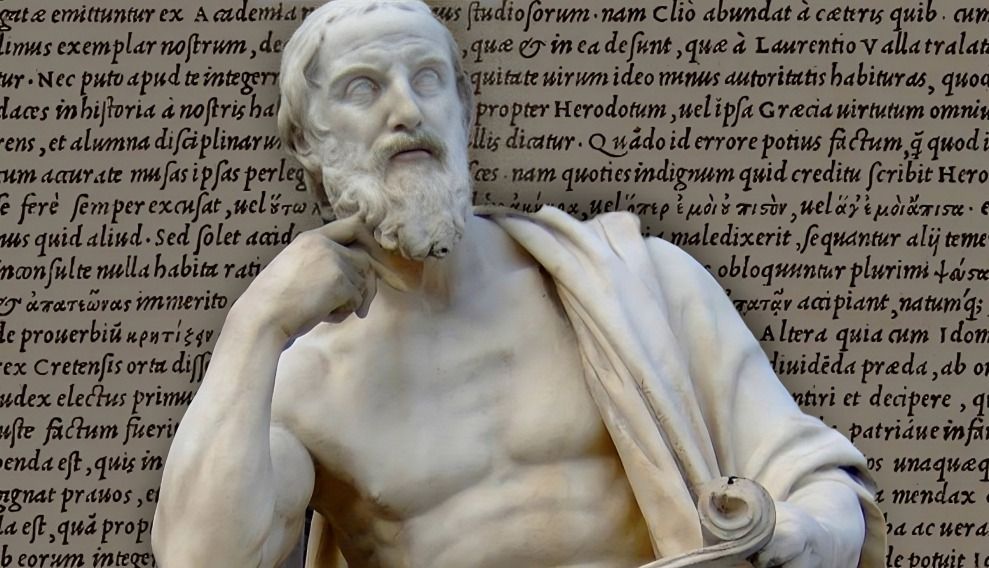
Herodotus, the “Father of History,” documented the Persian Wars in his Histories. While his accounts were sometimes exaggerated, they are an essential source for understanding this epic conflict.
Leonidas’ stand at Thermopylae became a lasting symbol of sacrifice and bravery. The small Greek force delayed the Persians long enough to rally the rest of Greece, inspiring generations to come.14
Greek victories in the Persian Wars led to a cultural boom. Monuments, such as the Acropolis in Athens, were built to celebrate their triumphs, and Greek art and architecture flourished in this golden era.15
The Oracle of Delphi played an important role in the war. Themistocles interpreted the prophecy about a "wooden wall" as a command to build a navy, a decision that led to the Greeks’ victory at sea.16
Despite being the largest empire of the time, stretching from Egypt to India, the Persians were repeatedly outsmarted by the Greeks, showcasing how strategy and unity can defeat overwhelming force.17
The Persian Wars not only secured Greek freedom but also sparked the Golden Age of Athens, a time of great advancements in democracy, philosophy, and the arts, influencing Western civilization for centuries.18
